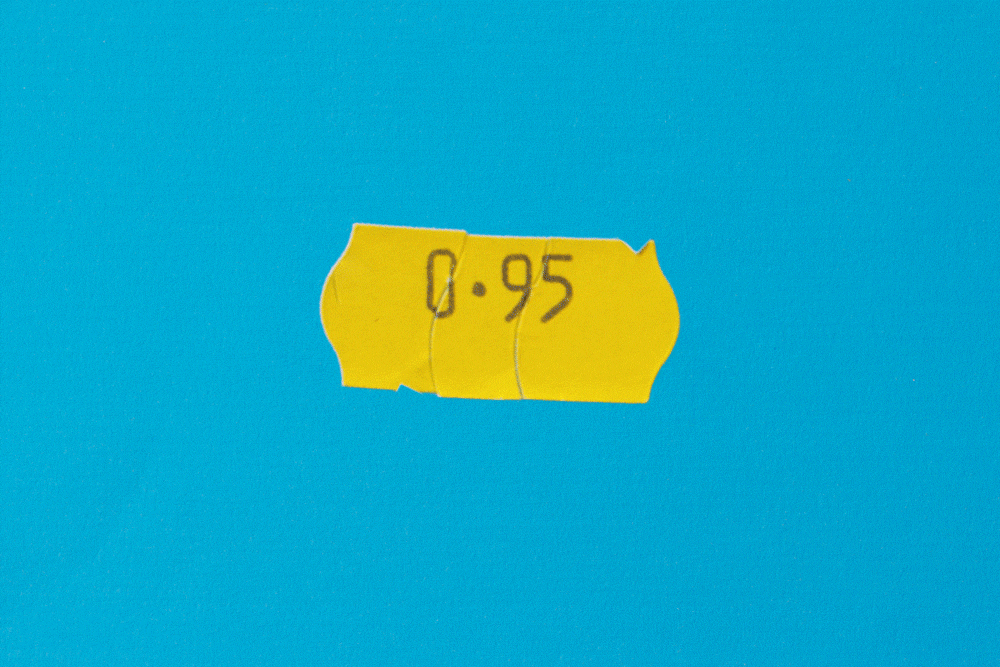Morning Brew - ☕ Counting the costs
|
Older messages
☕ New number, who’s this?
Friday, March 10, 2023
In 2022, major US telcos shut down 3G services one by one. March 10, 2023 Emerging Tech Brew TOGETHER WITH Outreach TGIF. Is it easier for you to work behind a screen than it is to tell your boss you
☕ Bank rout
Friday, March 10, 2023
What's on Biden's wish list? March 10, 2023 View Online | Sign Up | Shop 10% Off Morning Brew TOGETHER WITH RAD Diversified Good morning. Today has been dubbed Mario Day, and you wanna know why
☕ Read all about it
Thursday, March 9, 2023
Why are brands investing in media? March 09, 2023 Marketing Brew TOGETHER WITH Bolt Happy Thursday. We hope everyone had a good International Women's Day yesterday and that you're almost done
☕ California dreamin’
Thursday, March 9, 2023
A firsthand look at eTail West 2023. March 09, 2023 Retail Brew TOGETHER WITH NewStore Good afternoon. It's been a big week and it's only Thursday: Campbell Soup Co. beat Wall Street earnings
☕ Warning light
Thursday, March 9, 2023
Turns out money can buy happiness... March 09, 2023 View Online | Sign Up | Shop 10% Off Morning Brew TOGETHER WITH Revela Good morning. In yesterday's most “What could possibly go wrong?” news,
You Might Also Like
Vote now for the winners of the Inbox Awards!
Monday, March 10, 2025
We've picked 18 finalists. Now you choose the winners. ͏ ͏ ͏ ͏ ͏ ͏ ͏ ͏ ͏ ͏ ͏ ͏ ͏ ͏ ͏ ͏ ͏ ͏ ͏ ͏ ͏ ͏ ͏ ͏ ͏ ͏ ͏ ͏ ͏ ͏ ͏ ͏ ͏ ͏ ͏ ͏
⚡️ ‘The Electric State’ Is Better Than You Think
Monday, March 10, 2025
Plus: The outspoken rebel of couch co-op games is at it again. Inverse Daily Ready Player One meets the MCU in this Russo Brothers Netflix saga. Netflix Review Netflix's Risky New Sci-Fi Movie Is
Courts order Trump to pay USAID − will he listen?
Monday, March 10, 2025
+ a nation of homebodies
Redfin to be acquired by Rocket Companies in $1.75B deal
Monday, March 10, 2025
Breaking News from GeekWire GeekWire.com | View in browser Rocket Companies agreed to acquire Seattle-based Redfin in a $1.75 billion deal that will bring together the nation's largest mortgage
Musk Has Triggered A Corporate Deregulation Bomb
Monday, March 10, 2025
A Delaware bill would award Elon Musk $56 billion, shield corporate executives from liability, and strip away voting power from shareholders. Forward this email to others so they can sign up “
☕ Can’t stop, won’t stop
Monday, March 10, 2025
Why DeepSeek hasn't slowed Nvidia's roll. March 10, 2025 View Online | Sign Up Tech Brew Presented By Notion It's Monday. So much is happening all the time, so you'd be forgiven for
Trump's war on the First Amendment
Monday, March 10, 2025
Plus: Giant white houses everywhere, a woman in chains, and love. View this email in your browser March 10, 2025 Trump, in a navy suit and red tie, is seen from the shoulders up. His mouth is open in
Veterans Administration therapists forced to provide mental health counseling in open cubicles
Monday, March 10, 2025
As part of the Trump administration's frenzied push to end remote work arrangements for federal government workers, the Veterans Administration (VA) is forcing therapists to provide mental health
Armed Man Shot Near White House, Russian Spy Ring, and Jet Lightning
Monday, March 10, 2025
Secret Service agents shot and wounded an “armed man” a block from the White House shortly after midnight Sunday while President Trump was away for the weekend. ͏ ͏ ͏ ͏ ͏ ͏ ͏ ͏ ͏ ͏
Numlock News: March 10, 2025 • Crater, Mickey 17, Hurricane
Monday, March 10, 2025
By Walt Hickey ͏ ͏ ͏ ͏ ͏ ͏ ͏ ͏ ͏ ͏ ͏ ͏ ͏ ͏ ͏ ͏ ͏ ͏ ͏ ͏ ͏ ͏ ͏ ͏ ͏ ͏ ͏ ͏ ͏ ͏ ͏ ͏ ͏ ͏ ͏ ͏ ͏ ͏ ͏ ͏ ͏ ͏ ͏ ͏ ͏ ͏ ͏ ͏ ͏ ͏ ͏ ͏ ͏ ͏ ͏ ͏ ͏ ͏ ͏ ͏ ͏ ͏ ͏ ͏ ͏ ͏ ͏ ͏ ͏ ͏ ͏ ͏ ͏ ͏ ͏ ͏ ͏ ͏ ͏ ͏ ͏ ͏ ͏ ͏ ͏ ͏ ͏ ͏ ͏ ͏ ͏ ͏ ͏







